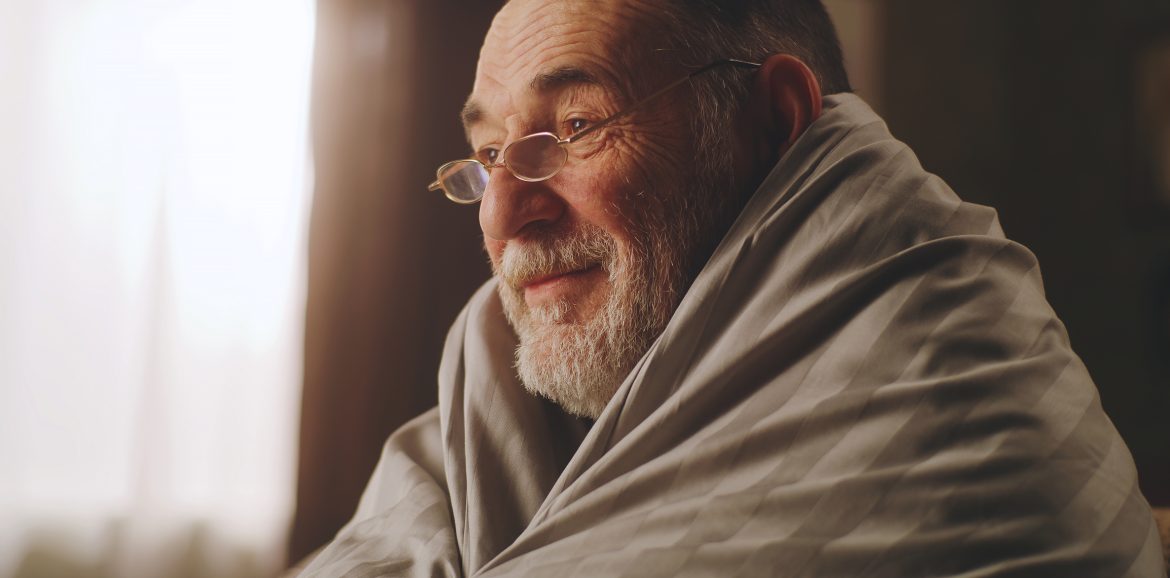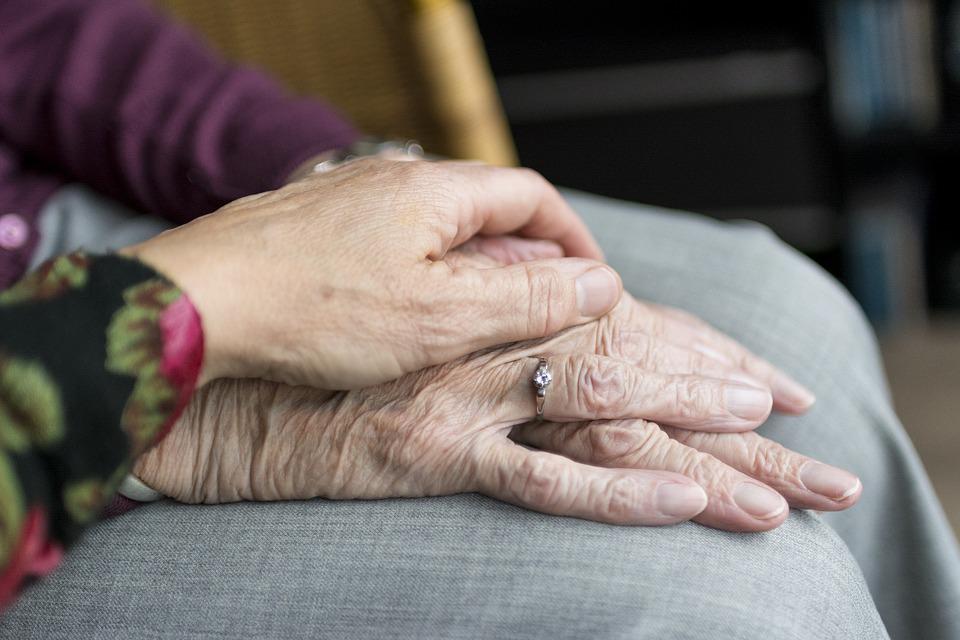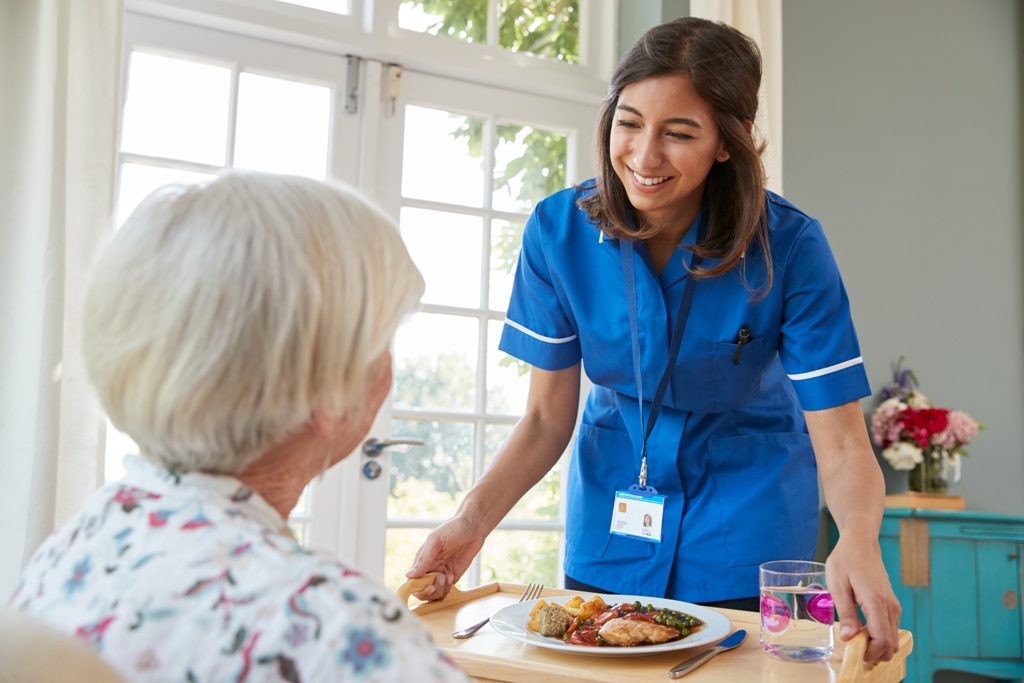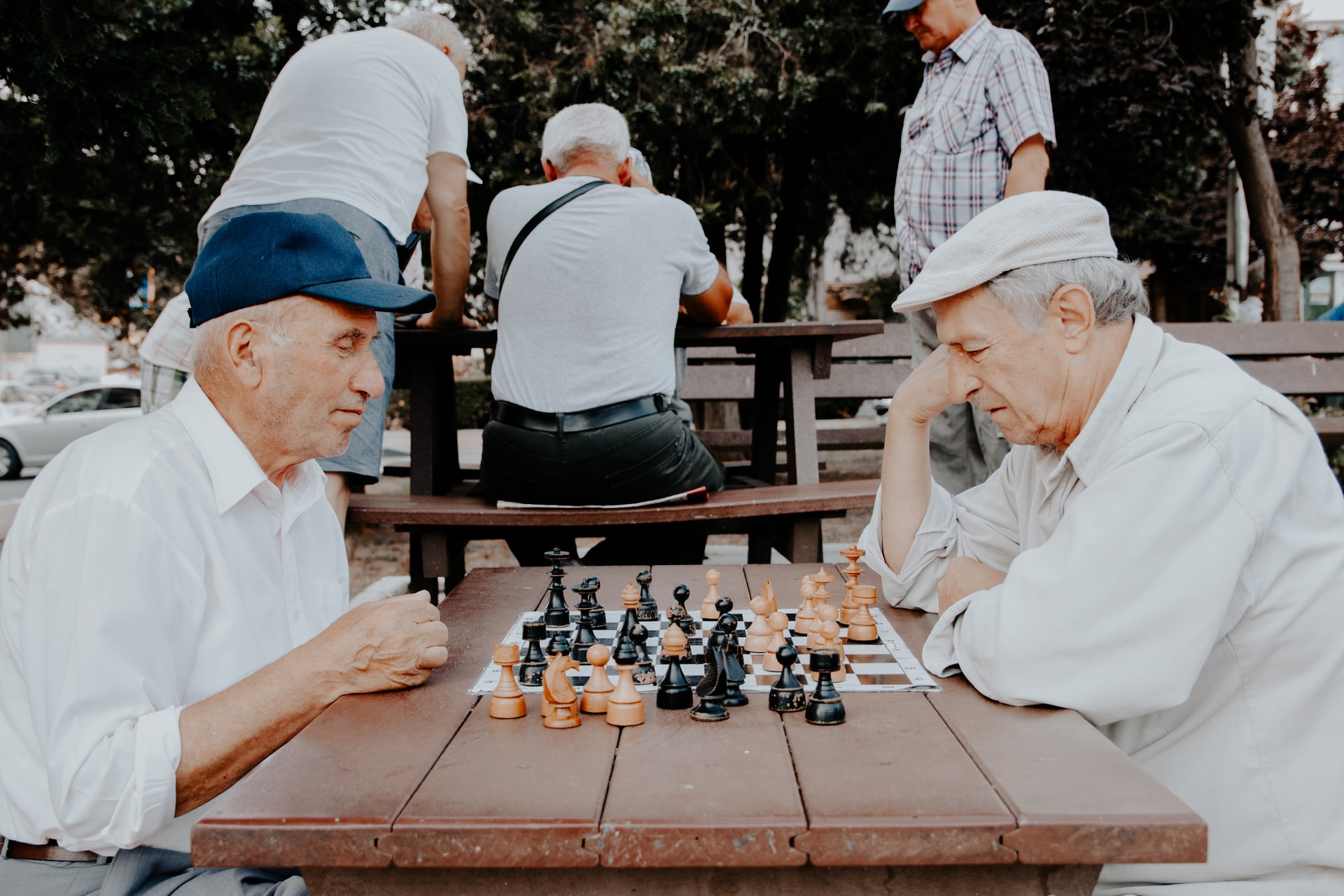Winter may be a lovely and happy season, but it also presents its own set of problems, particularly for the elderly. Winter can easily become deadly for the elderly if proper precautions are not taken. With cooler temperatures, slick surfaces, and greater sickness risks, we must take additional steps to safeguard the safety and well-being of our senior loved ones during this season. As caregivers and family members, it is our responsibility to be proactive in ensuring the safety and well-being of our elderly loved ones during the colder months. In this thorough guide, we will cover everything from home safety to health issues while caring for the elderly throughout the winter.
Preparing the Living Space
The first step in caring for the elderly during winter is to ensure their living space is safe and comfortable. Check the home’s heating system to make sure it is in proper working condition. Adequate heating is essential to prevent hypothermia and other cold-related health issues. Consider installing space heaters or electric blankets in specific rooms to provide extra warmth, especially in areas where the elderly spend most of their time.
Preventing Slips and Falls
Icy and snow-covered sidewalks are dangerous for everyone, but they are especially dangerous for the elderly. Clear snow and ice from driveways, sidewalks, and entryways as soon as possible. To improve traction on slick areas, use ice melt or sand. Encourage the use of robust footwear with non-slip soles, as well as assistive equipment such as canes or walkers, to help prevent falls.
Adequate Clothing
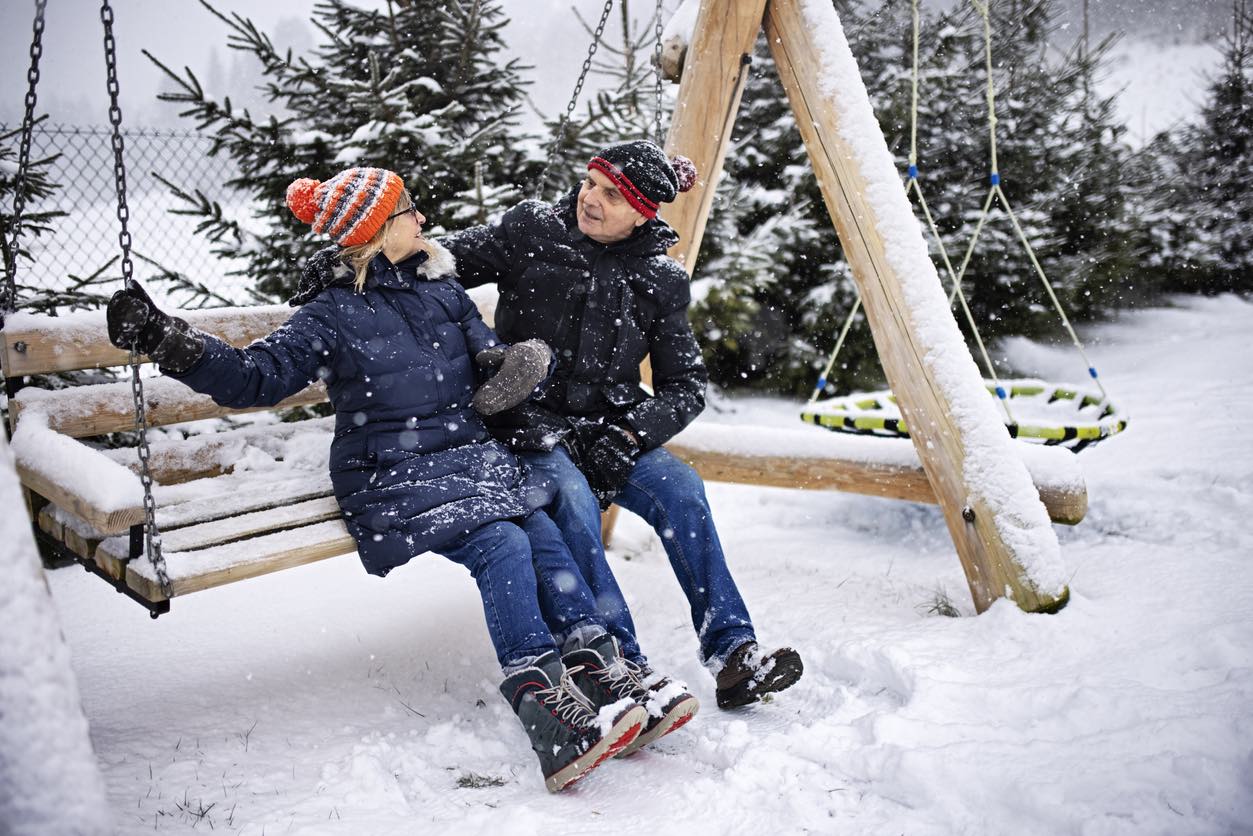
Proper clothing is important to keep older adults warm and protected during the winter months. Layering is an effective way to trap heat and maintain body temperature. Make sure they have sufficient warm clothing, including thermal socks, insulated jackets, gloves, and hats. When going outside, remind them to wear a scarf or mask to protect their face from cold winds and potential respiratory issues.
Regular Health Checkups
Winter can aggravate current health problems or cause new ones. Regular health checks with medical specialists are essential for monitoring any health changes or concerns in the elderly. To lessen the risk of winter infections, patients should discuss flu vaccinations and pneumonia injections with their doctors. Encourage them to eat a well-balanced diet high in vitamins and minerals to strengthen their immune system.
Combatting Seasonal Depression
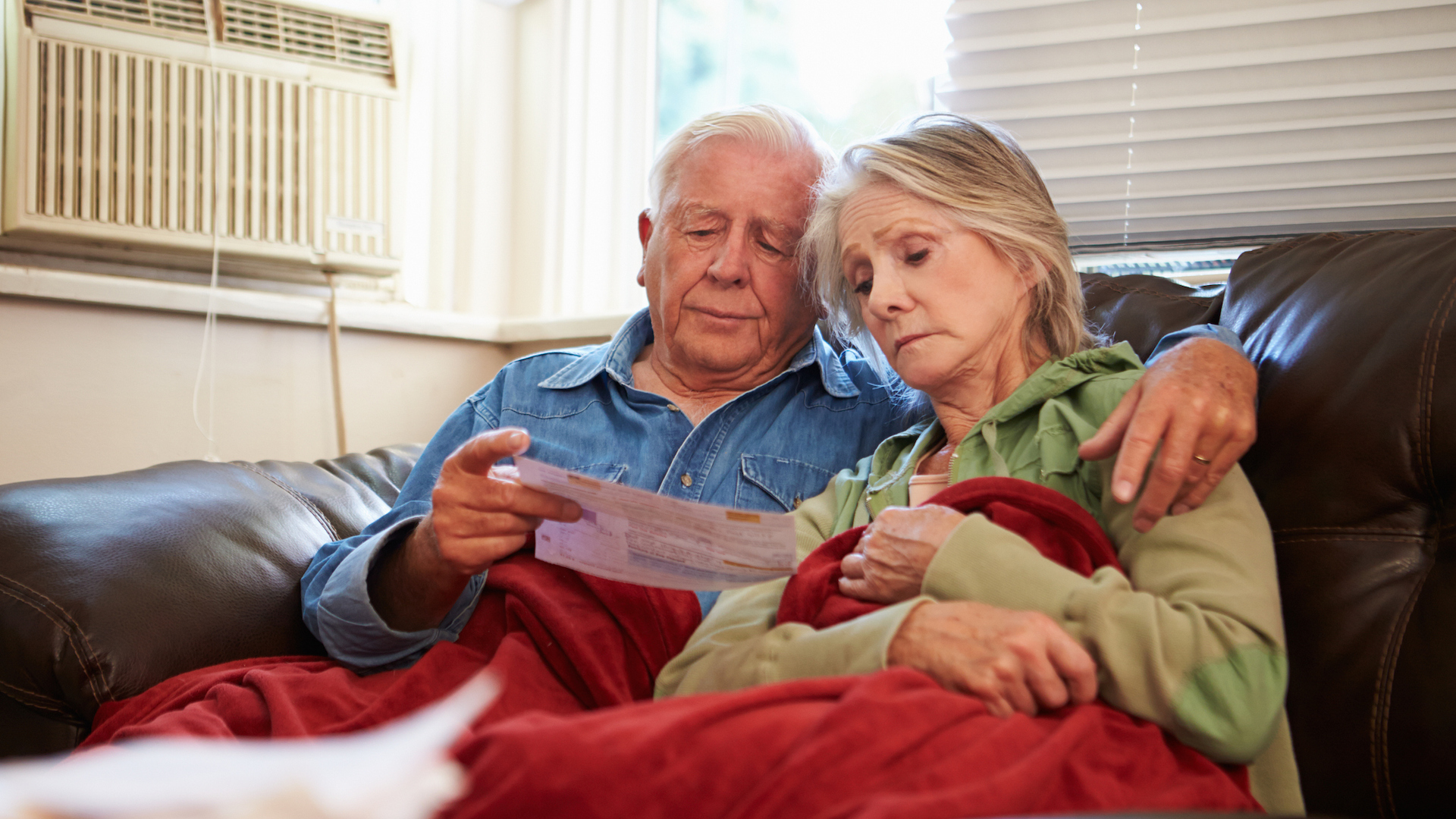 For the elderly, the winter season can cause feelings of loneliness and despair, especially if they are unable to go outside or participate in social activities. Encourage regular connection with family and friends, organize virtual meetings, or provide transportation for brief trips, weather allowing.
For the elderly, the winter season can cause feelings of loneliness and despair, especially if they are unable to go outside or participate in social activities. Encourage regular connection with family and friends, organize virtual meetings, or provide transportation for brief trips, weather allowing.
Engaging in Indoor Activities
To keep the elderly mentally and physically active during winter, encourage indoor activities. Activities like puzzles, board games, reading, or engaging in hobbies can help pass the time and provide mental stimulation. If possible, incorporate light exercises or stretching routines suitable for their mobility level.
Monitor Home Safety

Regularly check the home for any potential hazards, such as exposed wires, malfunctioning appliances, or cluttered areas that may cause trips or falls. Install grab bars in bathrooms and consider using night lights to improve visibility during nighttime movements.
Emergency Preparedness
During winter, power outages and extreme weather conditions can occur unexpectedly. Ensure the elderly have access to flashlights, extra blankets, and non-perishable food items in case of emergencies. Create an emergency plan with contact information for family members, neighbors, and local authorities in case immediate assistance is required.
So, by implementing these guidelines and taking proper precautions, we can help ensure the safety, comfort, and overall well-being of our beloved seniors during the colder months. And, remember that simple steps, such as clearing walkways, providing adequate clothing, and maintaining a warm home, can make all the difference in keeping our elderly population safe during this challenging season.

